On May 5, the World Health Organization (WHO) declared that Covid-19 is no longer a global health emergency. This information received the attention of the Vietnamese people.
One question that has been raised is how will the treatment of Covid-19 patients, as well as the quarantine regulations for people with Covid-19 in Vietnam, change?
Regarding these concerns, Dr. Nguyen Trong Khoa - Deputy Director of the Department of Medical Examination and Treatment Management ( Ministry of Health ) said that right from the stage when Vietnam shifted to the state of "Safe, flexible adaptation, effective control of the Covid-19 epidemic", the Ministry of Health issued guidelines to adjust many contents.
Among them, there are issues related to control, early detection, diagnosis, treatment, and isolation of people with Covid-19.
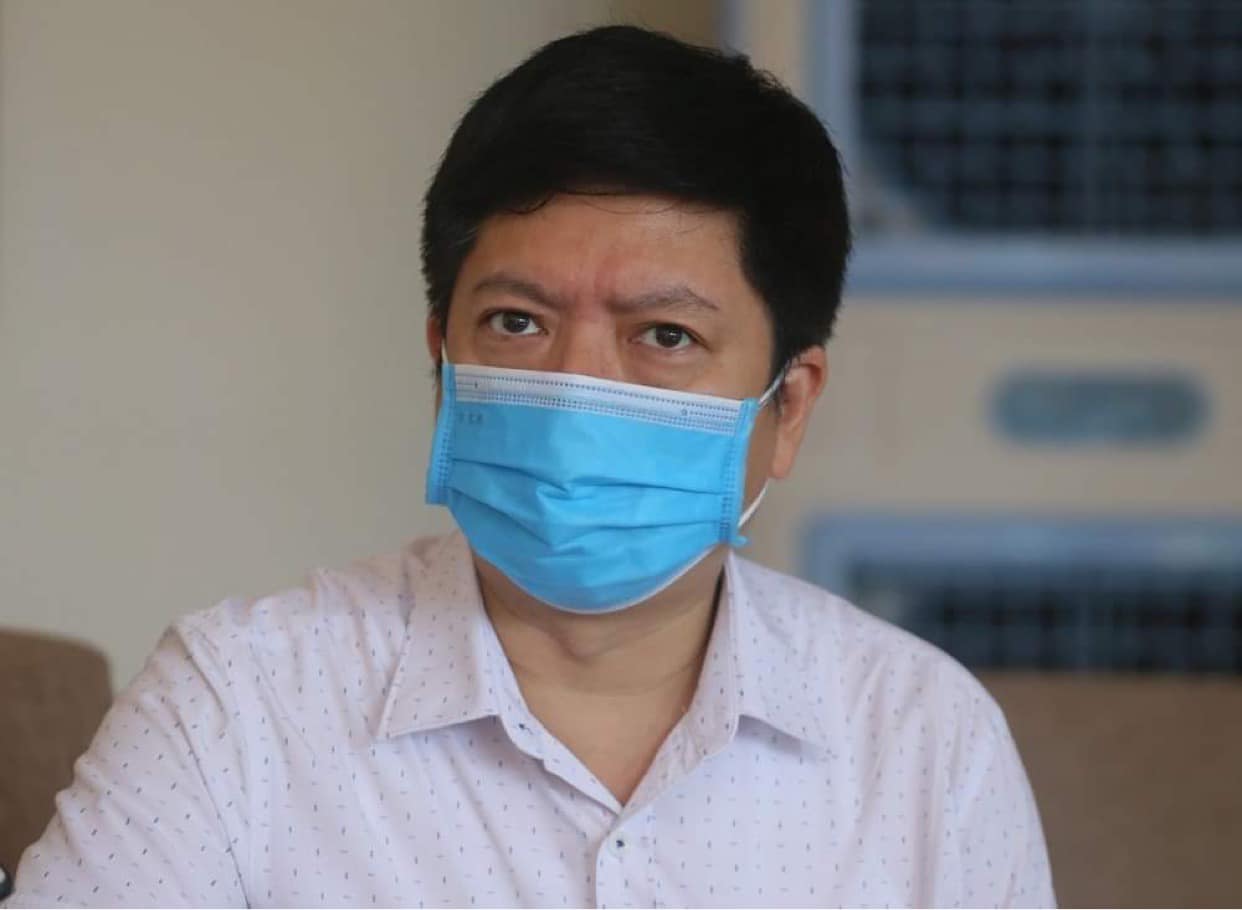
Dr. Nguyen Trong Khoa - Deputy Director of the Department of Medical Examination and Treatment Management.
Currently, the Ministry of Health's Expert Council is reviewing the contents of the guidelines for diagnosis, treatment and isolation of Covid-19 patients.
"Basically, experts have also agreed that there will be some adjustments, focusing mainly on adjustments related to the use of antiviral drugs and some antibody drugs for Covid-19 according to the latest recommendations and evidence of the World Health Organization and scientific reports around the world," said Mr. Khoa.
Assessing the fact that in April and early May 2023, the number of Covid cases tended to increase and some deaths were still recorded, Mr. Khoa said that when reviewing and analyzing these deaths, experts found that all deaths were high-risk patients, had underlying diseases, were elderly or had many comorbidities, and the patients themselves had serious conditions before.
No deaths were detected in patients without underlying diseases or young people without underlying diseases.
The current mortality rate relative to hospitalizations, which is an estimate - this figure does not represent the true nature - fluctuates around 0.47% of hospitalized patients.
According to the Ministry of Health, the Covid-19 mortality rate in Vietnam has been recorded at 0.37% so far, much lower than the world's average rate of 0.99%, meaning it is only about one-third of the world's average rate.
According to Mr. Khoa, Covid-19 is both a challenge and an opportunity to improve the capacity of Vietnamese medical facilities.
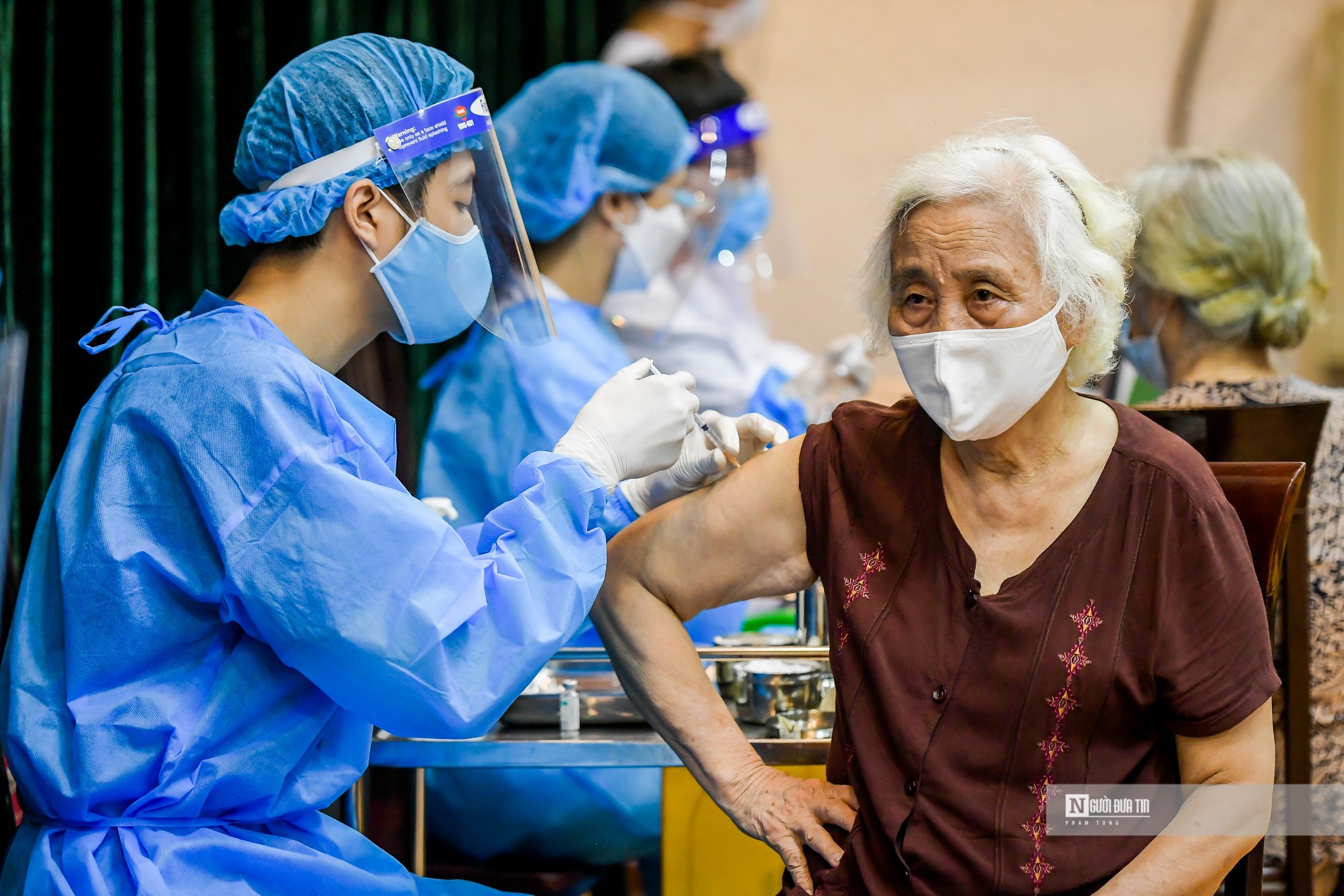
Focus on protecting high-risk groups.
To reduce and minimize deaths due to Covid-19, Mr. Khoa said that the Ministry of Health continues to direct medical facilities to implement the following contents:
Firstly, continue to be vigilant against Covid-19, detect cases early; intensive care units, dialysis units, units with seriously ill patients being treated in the hospital must closely monitor and supervise to detect cases early, isolate them from the treatment area, and avoid infecting patients being treated in the same unit.
Because if an infection occurs, it often infects patients with underlying diseases and is at high risk, so the mortality rate can increase;
Second, continue to strengthen the capacity for emergency resuscitation. The Ministry of Health (Department of Medical Examination and Treatment Management) continues to update the plan, mobilize support from international units and organizations to train and coach emergency resuscitation for Covid-19 treatment, especially the issue of mechanical ventilation and oxygen systems for medical facilities.
Third, direct medical examination and treatment facilities to continue monitoring, supervising and increasing consultation with higher levels when treating severe cases, ensuring close connection between levels, only transferring to higher levels when necessary and having prior contact to be able to proactively treat severe cases, bringing the highest efficiency; limit transferring to higher levels in case of high number of cases.
In particular, when end-line hospitals such as the Central Hospital for Tropical Diseases and the Ho Chi Minh City Hospital for Tropical Diseases are overloaded, provinces and localities are forced to keep patients for treatment.
Fourth, strengthen infection control measures to limit the spread of disease in hospitals; require all medical facilities to strictly isolate Covid-19 cases, apply masks to all clinical areas, and areas with patients must strictly comply with the regulations on wearing masks;
In particular, focus on protecting high-risk subjects; in case of examination with signs and symptoms of Covid-19, testing must be conducted using both the confirmatory PCR method and rapid testing for early diagnosis and immediate isolation.
Fifth, monitor and evaluate Covid-19 clinical cases requiring hospitalization, some cases must be sent for testing and gene sequencing to detect new variants of the virus early.
In particular, hospitals must pay close attention to cases of severe illness and death to conduct gene sequencing tests and detect variants early.
Also note that cases without underlying diseases with severe Covid-19 symptoms are worrisome and require close monitoring to detect early variants that increase severity, such as the Delta strain previously.
"According to WHO recommendations, although the Covid-19 epidemic is no longer a global public health emergency, the pandemic has not ended. Therefore, Vietnam still needs to maintain epidemic prevention measures, including Covid-19 vaccination and booster vaccination for high-risk groups.
Based on the number of subjects requiring vaccination and the booster vaccination schedule, localities will organize Covid-19 vaccination in batches or periodically, moving towards regular vaccination to ensure full vaccination for target groups. At the same time, saving resources while still achieving vaccine coverage for high-risk groups," added Associate Professor, Dr. Duong Thi Hong - Deputy Director of the National Institute of Hygiene and Epidemiology .
Source



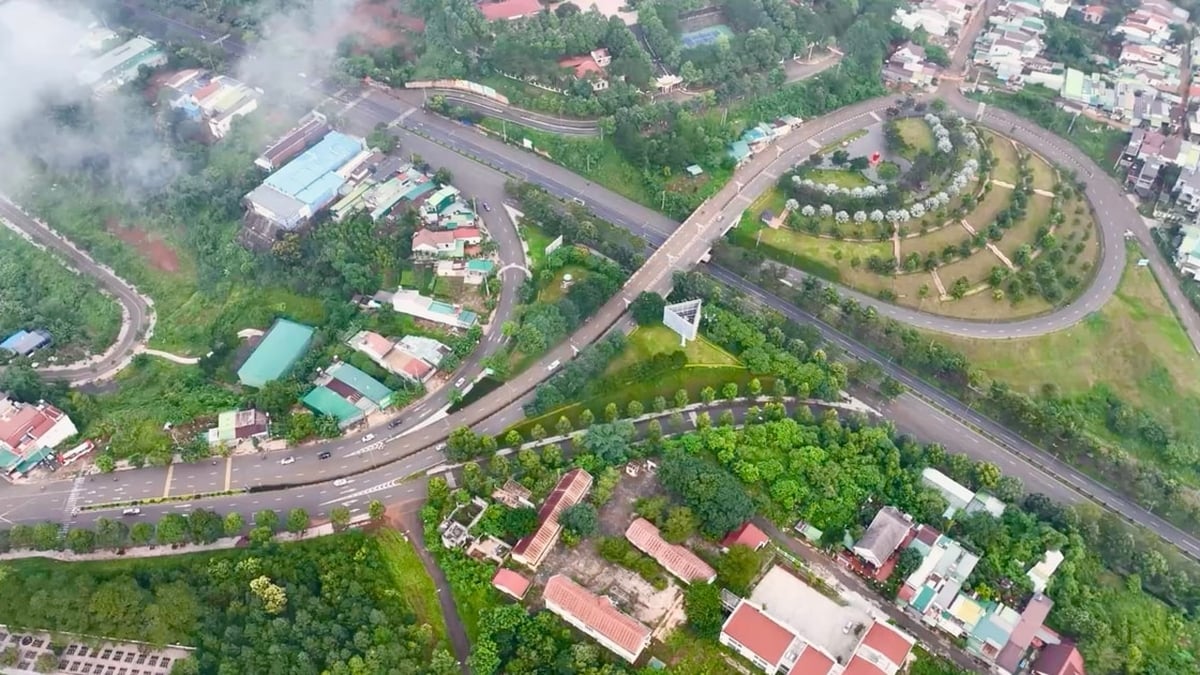

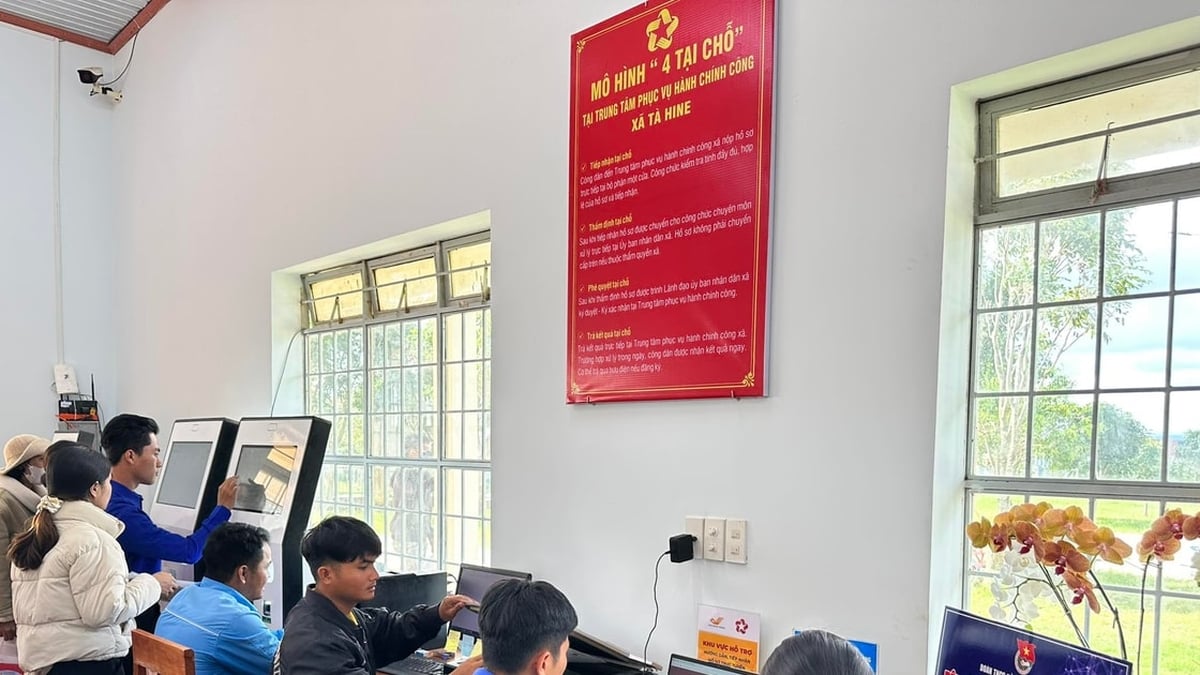

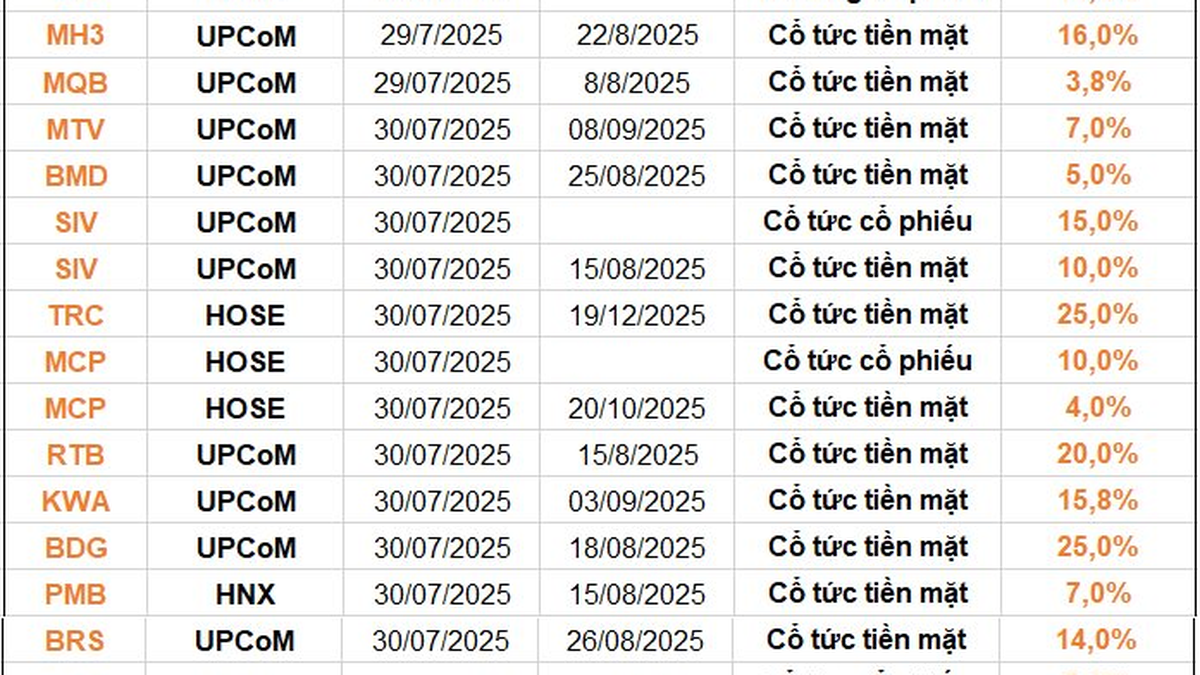

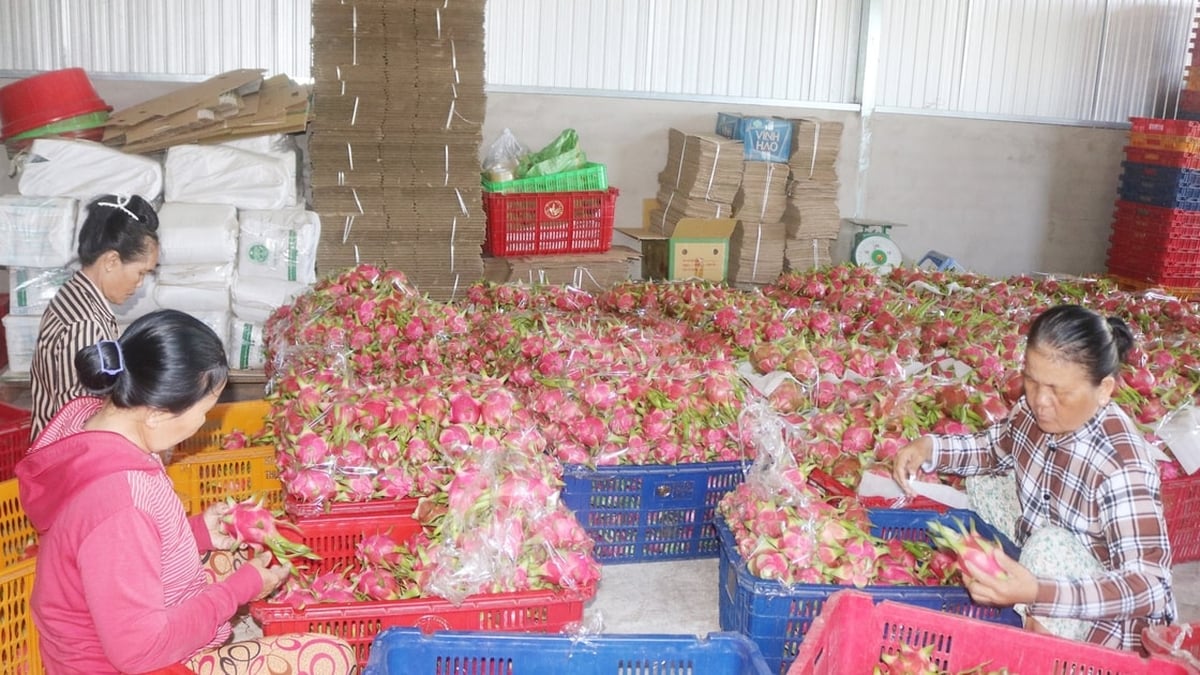
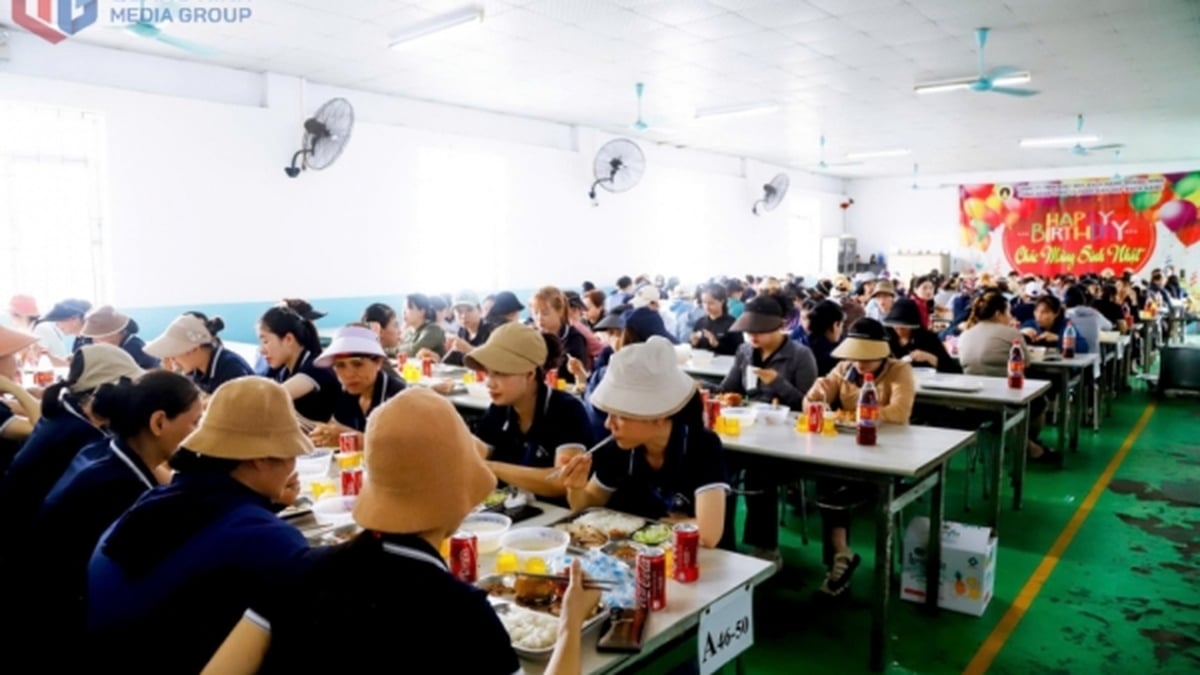
























































































Comment (0)